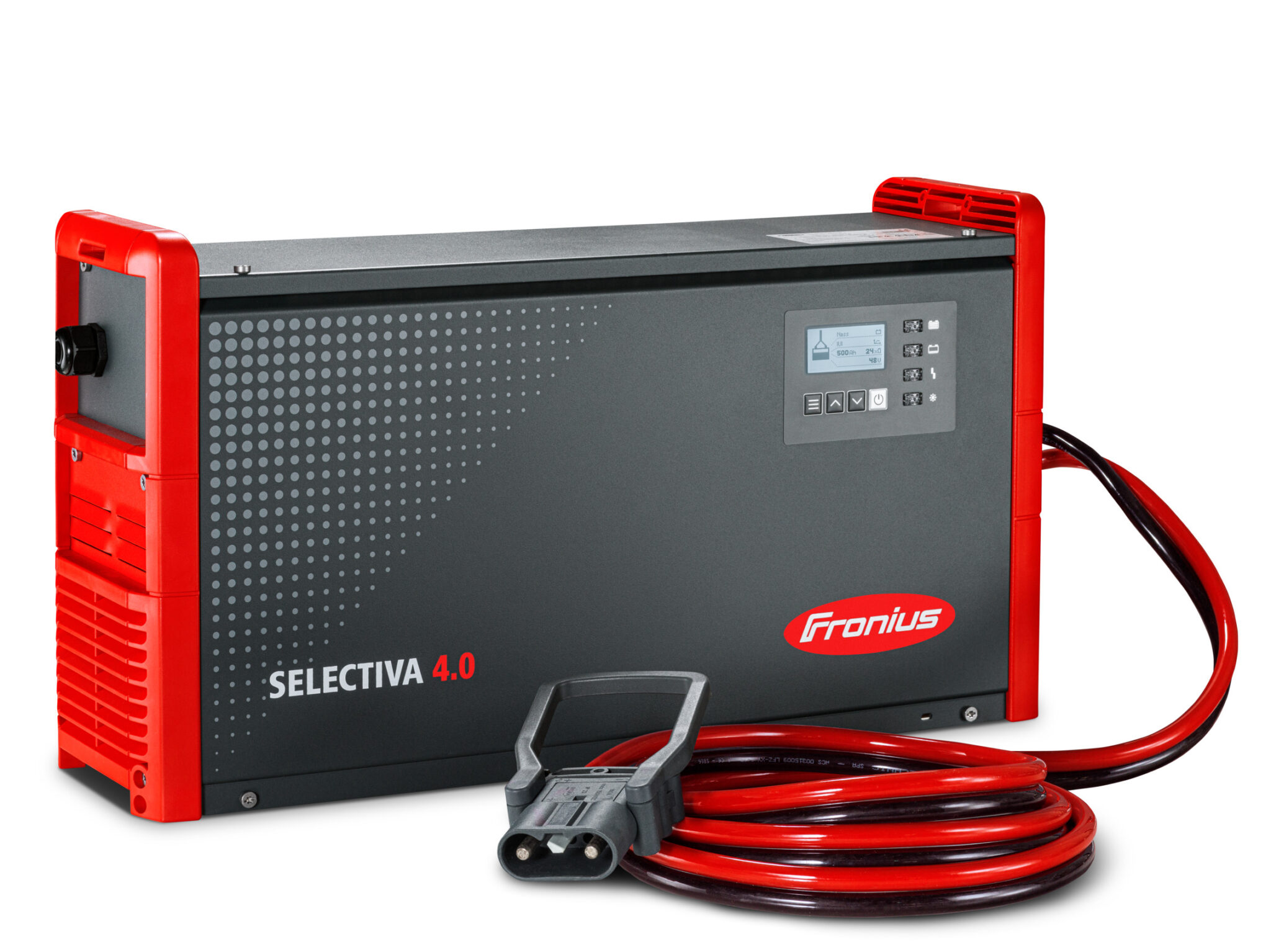UgoWork, a Canadian energy solutions provider specialising in lithium-ion batteries and Energy as a Service (EaaS) solutions in the material handling industry, has appointed industry veteran Tim Ballard as its Director of Sales.
Ballard has over two decades of proven experience in material handling. After studying at the University of Louisville in Kentucky, he worked in several management positions at ProLift Industrial Equipment, an official full-service and material handling dealership for Toyota.
Apart from an in-depth and pragmatic understanding of industry needs and trends, Ballard’s strengths reside in his track record of working in all aspects of material handling, including operations, sales, training and support.
“We are thrilled to welcome Tim to the team,” explained Philippe Beauchamp, UgoWork’s CEO. “When I first met Tim through different projects, I already knew about his incredible reputation in the industry. We have an amazing response from the market and Tim comes at the right time. His approach and personality are a perfect fit in our team, and his contribution to our phenomenal expansion is extremely exciting. His background and rigor will definitely help our entire team achieve the very ambitious expansion goals we have set for the company.”
UgoWork says Ballard shares Beauchamp’s eagerness to pave the way for the company’s innovative approach to energy management for material handling teams. “I was very impressed with UgoWork’s vision and the performance of both its lithium-ion batteries and Energy-as-a-Service (EaaS) model,” he said. “No other manufacturer offers these types of solutions on the market – a solution that truly addresses today’s material handling challenges.”
“What started off as a customer-vendor relationship evolved into something much more. Right away, I saw the advantages of UgoWork’s products and what they could do. The customer value speaks for itself,” Ballard added.
His plans for UgoWork in the upcoming months? “I want the business to have the very best sales team in the industry so that we can educate and serve material handling teams across North America about the benefits of lithium-ion batteries and EaaS as compared to other legacy technologies. UgoWork’s future looks very bright indeed.”
The UgoWork team will be at the Southern Automotive Conference from October 5 to 7 in Atlanta, GA. UgoWork will have booths in the Canadian pavilion (#404) and the EV Street display area.











